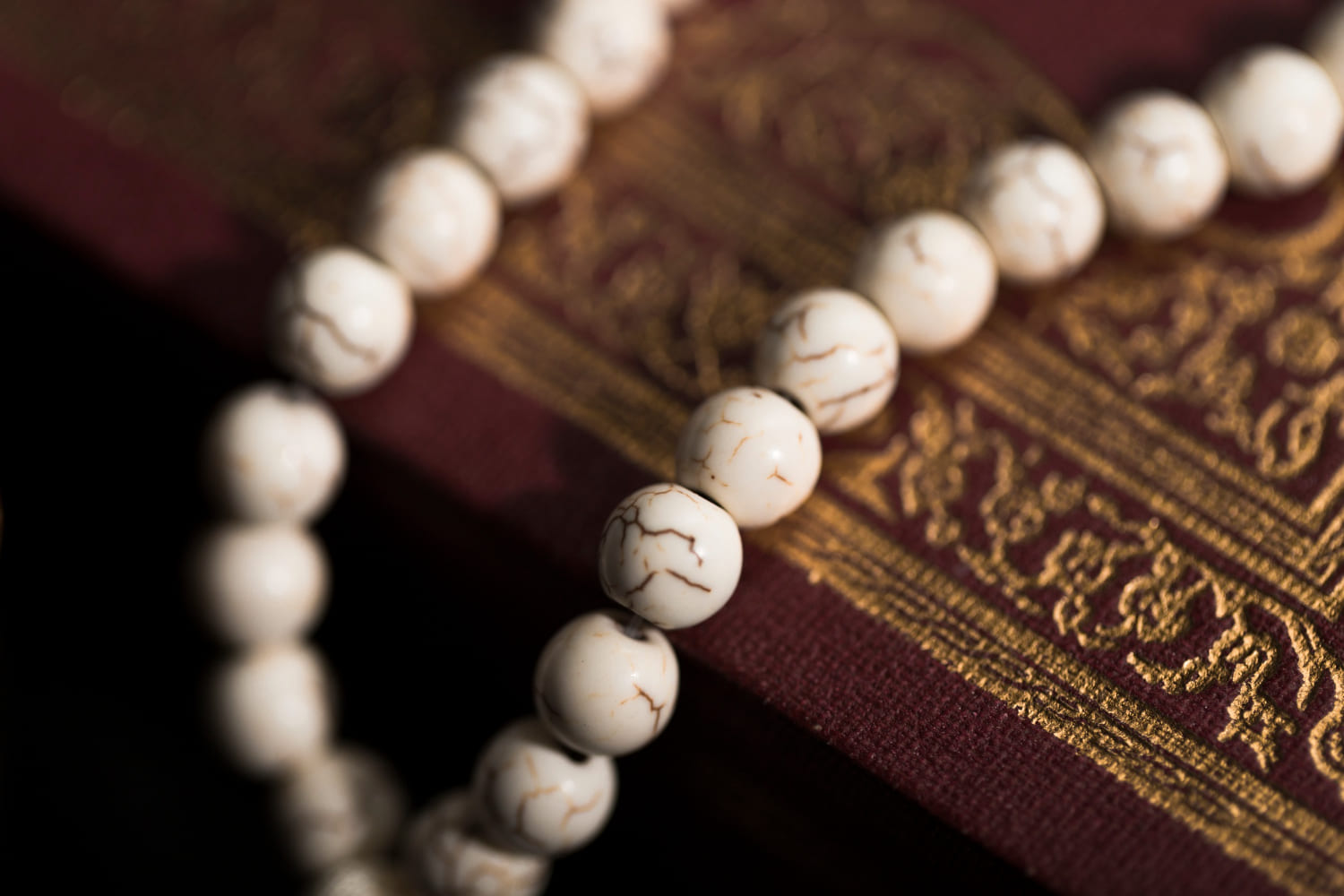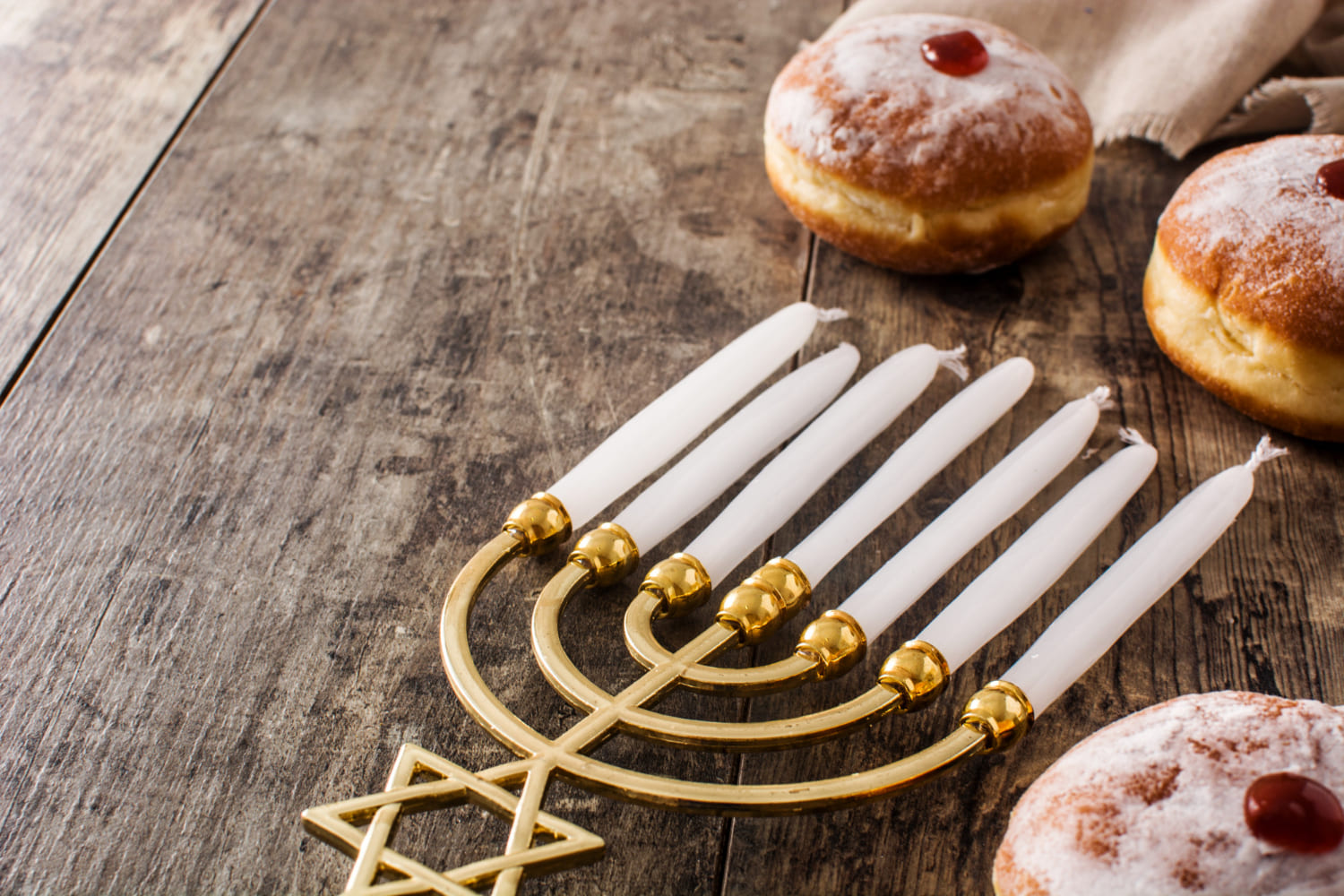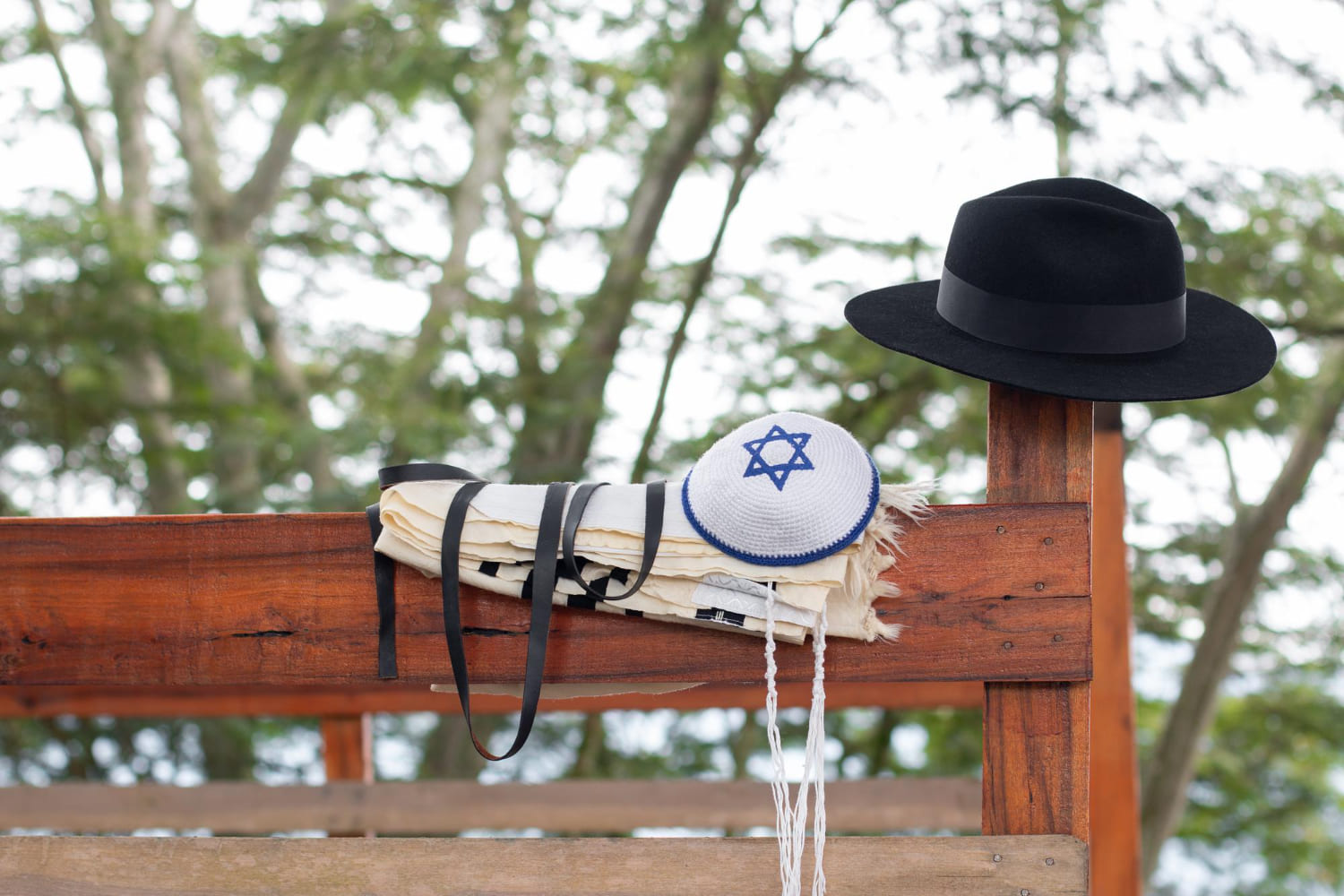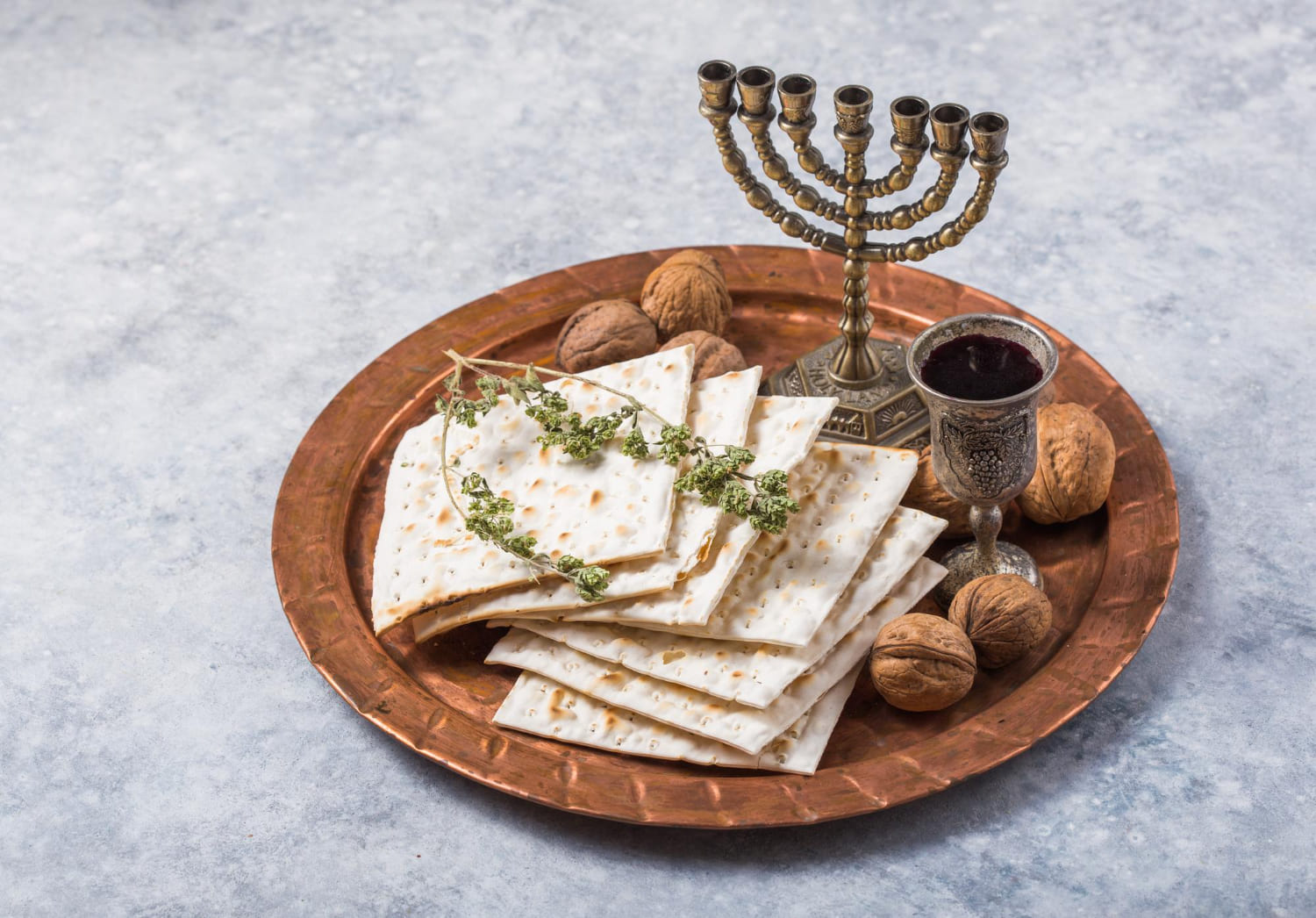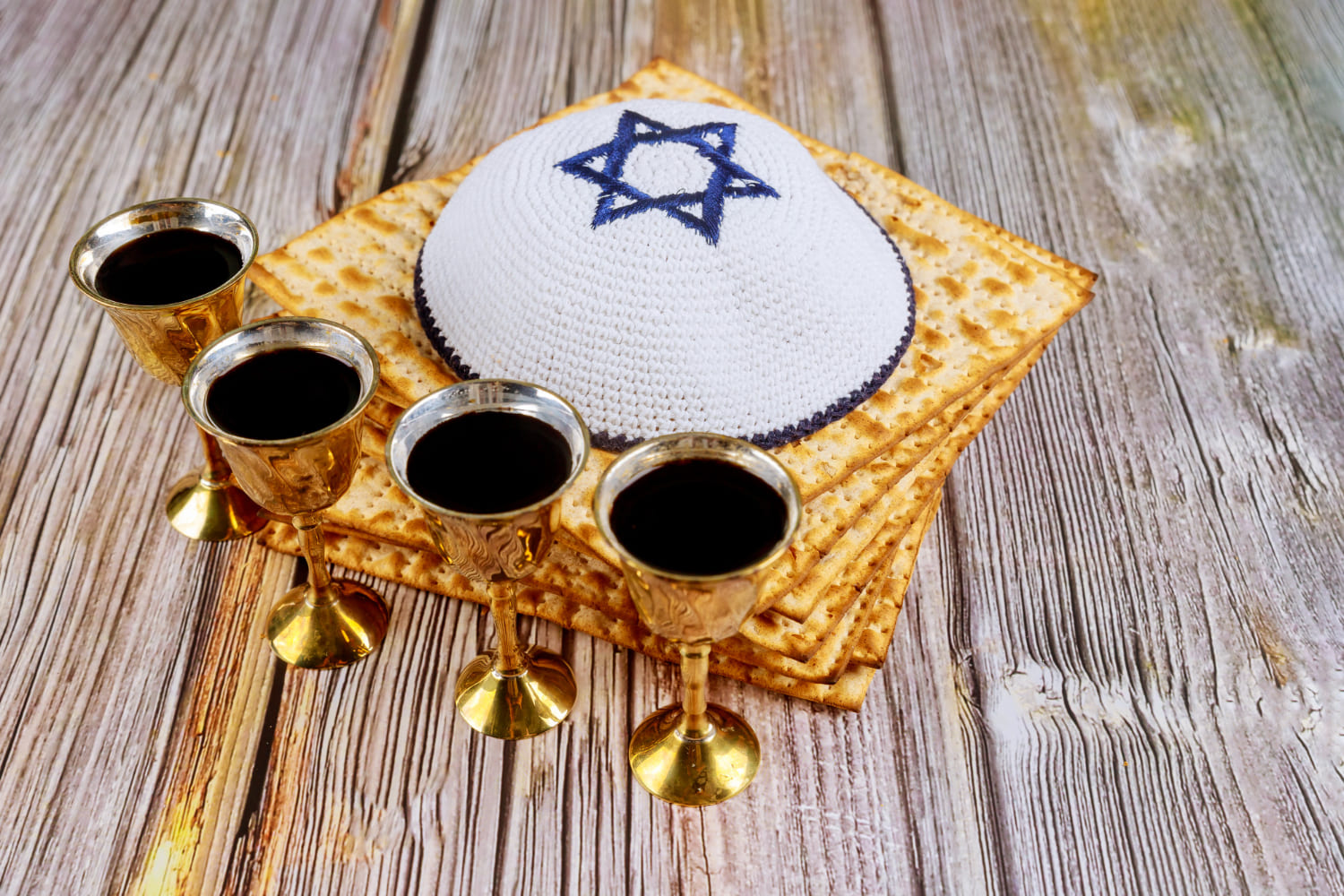Judaism is one of the oldest religions in the world. It is a monotheistic religion that originated in the Middle East over 3,500 years ago.
Judaism is based on the belief in one God who created the universe and continues to be involved in the world.
Jewish beliefs are rooted in the Torah, which is considered the most sacred text in Judaism. The Torah is made up of the first five books of the Hebrew Bible and contains the laws and teachings that were given to Moses by God.
It is believed that the Torah was given to the Jewish people at Mount Sinai and it outlines the fundamental beliefs and practices of Judaism.
There are many different beliefs and practices within Judaism, but some of the most fundamental include the belief in one God, the importance of following God’s laws, the significance of the Torah, and the importance of prayer and community.
In this article, we will explore the full list of Jewish beliefs and provide a comprehensive guide to understanding the key tenets of this ancient and rich religion.
God and Creation
Jewish beliefs center around the concept of one God who created the universe and continues to work within it. This belief in monotheism is fundamental to Judaism and is one of the key beliefs that distinguish it from other religions.
According to Jewish tradition, God created the world in six days and rested on the seventh, which is why the Sabbath day is considered holy. The story of creation is told in the book of Genesis, and it is believed that God spoke the world into existence.
Jews believe that God is omnipotent, omniscient, and omnipresent. This means that God is all-powerful, all-knowing, and everywhere at once. They also believe that God is just and merciful, and that he rewards those who follow his commandments and punishes those who do not.
Furthermore, Jews believe that they have a special relationship with God because of the covenants they have made with him. The most famous of these covenants is the one made with Abraham, in which God promised to make him the father of a great nation. This covenant is still celebrated today in the Jewish holiday of Passover.
In summary, Judaism believes in one God who created the universe, is all-powerful, all-knowing, and everywhere at once. The story of creation is told in the book of Genesis, and Jews believe they have a special relationship with God because of the covenants they have made with him.
Torah and Commandments
The Torah is the central text of Judaism, containing the foundation of Jewish beliefs and practices. It is composed of the five books of Moses: Genesis, Exodus, Leviticus, Numbers, and Deuteronomy.
The Ten Commandments are a fundamental part of the Torah, and they are considered to be the basis of Jewish ethics, behavior, and responsibility.
The Ten Commandments were given by God to the Jewish people at Mount Sinai, 50 days after the Exodus from Egypt. They were engraved on two tablets of stone, which were given to Moses.
The Ten Commandments are:
- I am the L‑rd your G‑d. Believe in G‑d.
- You should have no other gods or idols.
- Do not mention G‑d’s name in vain.
- Keep the Shabbat.
- Honor your father and mother.
- Do not murder.
- Do not commit adultery.
- Do not steal [kidnap].
- Do not witness falsely.
Along with the Ten Commandments, there are 603 other commandments, or mitzvot, that are found in the Torah. These commandments cover a wide range of topics, including religious observances, ethical behavior, social justice, and personal morality.
Some of the most important commandments include:
- Observing the Sabbath and other holidays
- Practicing circumcision
- Following dietary laws
- Giving to charity
- Treating others with kindness and respect
- Seeking justice and pursuing peace
Observing the commandments is seen as a way of connecting with God and living a meaningful and purposeful life. While some commandments are more relevant to certain times or situations than others, they are all considered to be important and valuable for the spiritual growth and well-being of the individual and the community as a whole.
Prayer and Worship
Prayer and worship are central to Jewish beliefs and practices. The Jewish prayer book, called the Siddur, contains a collection of prayers and blessings that are recited during daily services and on special occasions. These prayers are typically recited in Hebrew, the traditional language of Jewish prayer.
There are three main daily services in Judaism: Shacharit (morning), Mincha (afternoon), and Maariv (evening). Each service has a specific structure and includes recitation of prayers and blessings, as well as readings from the Torah and other sacred texts.
The prayers and blessings are intended to express gratitude, seek forgiveness, and ask for guidance and protection.
Some of the most well-known Jewish prayers include the Shema, a declaration of faith in one God, and the Mourner’s Kaddish, a prayer recited in memory of the deceased. Other important prayers include the Amidah, a series of blessings recited while standing, and the Aleinu, a prayer of praise and thanksgiving.
In addition to daily services, Jews also observe special holidays and festivals throughout the year. These include Rosh Hashanah and Yom Kippur, the Jewish New Year and Day of Atonement, as well as Passover, Shavuot, and Sukkot. During these holidays, special prayers and blessings are recited, and traditional foods and rituals are observed.
Worship in Judaism also includes participation in synagogue services and study of the Torah and other sacred texts. Synagogues serve as the central gathering place for Jewish communities, where members come together to pray, study, and celebrate.
Jewish worship emphasizes the importance of community and collective responsibility, as well as individual spiritual growth and connection to God.
Life Cycle Events
Judaism is a religion that places great importance on the life cycle of its adherents. From birth to death, there are significant events and rituals that mark each stage of life. These events are a way of connecting with one’s faith, community, and heritage.
Here are some of the most important life cycle events in Judaism:
Brit Milah
Brit Milah is the circumcision ceremony that takes place on the eighth day after a baby boy is born. It is a symbol of the covenant between God and Abraham, and it is an important way of welcoming a baby into the Jewish community. The ceremony is usually performed by a mohel, a person trained in the ritual circumcision of Jewish males.
Bar and Bat Mitzvah
Bar and Bat Mitzvah are the coming-of-age ceremonies for Jewish boys and girls, respectively. At the age of 13 (12 for girls in some traditions), a child becomes responsible for their own actions and is considered an adult in the eyes of Jewish law. The ceremony usually involves reading from the Torah, leading prayers, and delivering a speech.
Marriage
Marriage is an important life cycle event in Judaism. It is seen as a sacred bond between two people and is accompanied by a number of rituals and traditions. One of the most important is the signing of the ketubah, a marriage contract that outlines the rights and responsibilities of the couple.
Death and Mourning
Death and mourning are also significant life cycle events in Judaism. When a loved one passes away, there are a number of rituals and traditions that are observed. These include sitting shiva, a period of mourning that lasts for seven days, and saying Kaddish, a prayer for the dead. In conclusion, life cycle events are an integral part of Judaism. They serve as a way to connect with one’s faith, community, and heritage, and they provide a framework for understanding the stages of life. Whether it is the joy of a new birth or the sadness of a loved one’s passing, these events help to give meaning and purpose to our lives.
Holidays and Festivals
Jewish holidays and festivals are an essential part of Jewish culture and tradition. They represent significant events in Jewish history and are celebrated with great joy and enthusiasm.
Here are some of the most important Jewish holidays and festivals:
- Rosh Hashanah: The Jewish New Year is celebrated in September or October. It is a time of reflection and introspection, and Jews believe that on this day, God writes their fate for the coming year in the Book of Life.
- Yom Kippur: The Day of Atonement is the holiest day in the Jewish calendar. It is observed ten days after Rosh Hashanah and is a day of fasting, prayer, and repentance.
- Sukkot: The Feast of Tabernacles is a week-long holiday that begins four days after Yom Kippur. Jews build temporary huts called sukkot to remember the time when the Israelites wandered in the desert after the exodus from Egypt.
- Hanukkah: The Festival of Lights is an eight-day holiday that commemorates the rededication of the Temple in Jerusalem after the Maccabean Revolt. It is celebrated in December and is marked by the lighting of the hanukkiah, a special nine-branched candelabrum.
- Purim: The Feast of Lots is a joyous holiday that celebrates the salvation of the Jews from Haman, a Persian official who plotted to destroy them. It is observed in February or March and is marked by the reading of the Book of Esther, dressing up in costumes, and giving gifts to friends and family.
- Passover: The Feast of Unleavened Bread is a week-long holiday that commemorates the exodus of the Israelites from Egypt. Jews abstain from eating leavened bread during this time and hold a special Seder meal on the first two nights of the holiday.
- Shavuot: The Feast of Weeks is a holiday that celebrates the giving of the Torah to the Israelites at Mount Sinai. It is observed in May or June and is marked by the reading of the Ten Commandments, the decoration of synagogues with flowers, and the eating of dairy foods.
Overall, Jewish holidays and festivals are a time for reflection, celebration, and community. They provide an opportunity for Jews to remember their history, connect with their faith, and strengthen their bonds with one another.
Afterlife and Messiah
In Judaism, the belief in an afterlife is a logical outgrowth of other Jewish beliefs. If one believes in an all-powerful and all-just God, one cannot believe that this world, in which evil far too often triumphs, is the only arena in which human life exists.
Many Jews believe that God judges how good or bad people have been in order to decide their destiny in the afterlife.
According to Jewish Virtual Library, the concept of the Messiah is central to Judaism. The term “Messiah” means “anointed one,” and refers to the ancient practice of anointing kings with oil when they ascended to the throne.
In Jewish tradition, the Messiah will be a king who will restore the Davidic dynasty and bring peace to the world.
There is no one universally accepted view of the Messiah in Judaism, and there are many different interpretations of what the Messiah will be like and what he will do. Some believe that the Messiah will be a human being, while others believe that he will be a supernatural being.
Some believe that the Messiah will be a political leader, while others believe that he will be a spiritual leader.
According to My Jewish Learning, some believe that the Messiah will bring about the resurrection of the dead, while others believe that the resurrection of the dead will happen before the coming of the Messiah.
Some believe that the Messiah will bring about a utopian era, while others believe that the Messiah will restore the world to its original state before the fall of Adam and Eve.
In Judaism, the belief in the afterlife and the Messiah is complex and multifaceted. While there are many different interpretations and beliefs, the central tenets of Judaism remain the same: the belief in one God, the importance of good deeds, and the hope for a better future.
Jewish Denominations
Judaism has several denominations that differ in their beliefs, practices, and interpretations of Jewish law.
The main denominations are:
- Orthodox Judaism: Orthodox Jews believe in the divine origin of the Torah and follow Jewish law strictly. There are several subgroups within Orthodox Judaism, including Haredi, Modern Orthodox, and Religious Zionist.
- Conservative Judaism: Conservative Jews believe in the divine origin of the Torah but also accept the possibility of human interpretation and change in Jewish law. They strive to balance tradition with modernity.
- Reform Judaism: Reform Jews believe that Jewish law should be adapted to contemporary times and that individual autonomy is important. They emphasize ethical principles and social justice.
- Reconstructionist Judaism: Reconstructionist Jews view Judaism as a constantly evolving civilization, rather than just a religion. They believe that Jewish law and tradition are created by the Jewish people and can be changed by them.
- Renewal Judaism: Renewal Jews seek to renew Jewish spirituality and practice through meditation, music, and other forms of personal expression. They often draw from other spiritual traditions.
Each denomination has its own synagogues, rabbis, and educational institutions. Interdenominational dialogue and cooperation are also common.
It is important to note that there is no one correct way to practice Judaism, and individuals may find themselves drawn to different denominations based on their personal beliefs and values.
